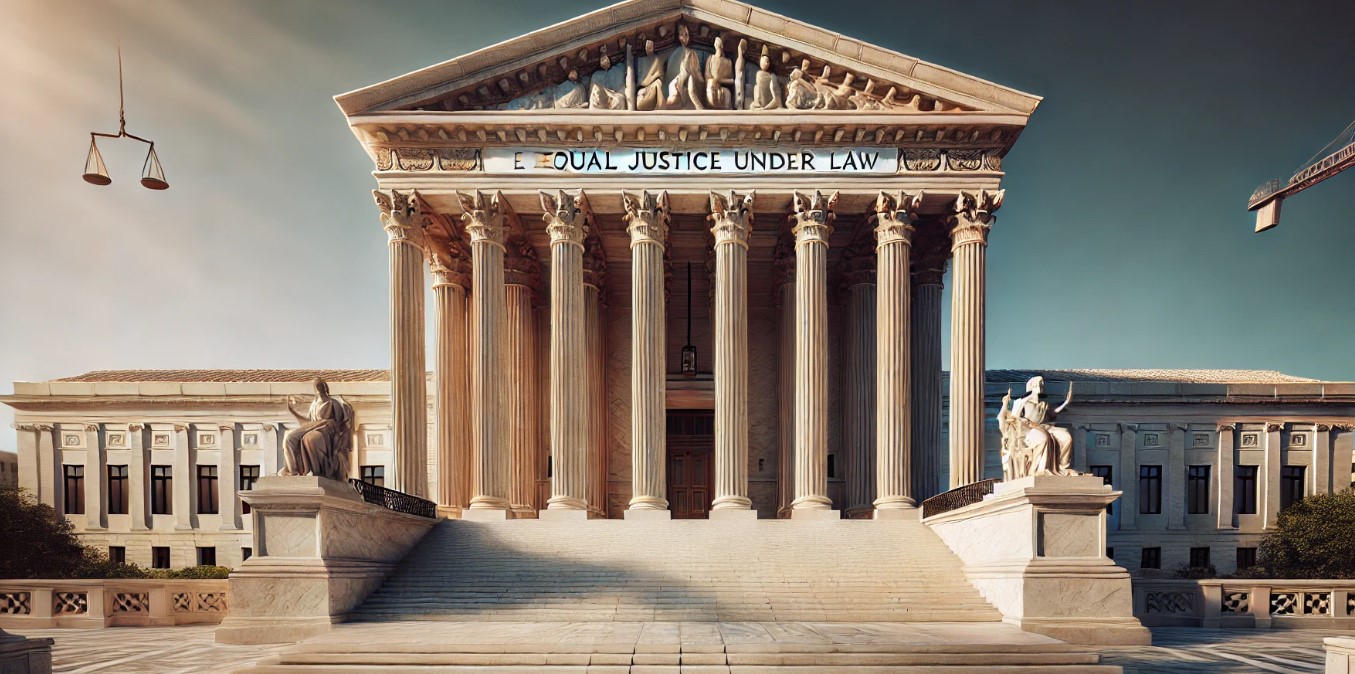In a landmark ruling, the US Supreme Court has unanimously rejected an effort to restrict access to the abortion pill mifepristone. This pivotal decision, delivered two years after the court rescinded the nationwide guarantee to an abortion, has been widely welcomed by pro-choice activists and marks a significant moment in the ongoing battle over reproductive rights in America.
The plaintiffs, a group of anti-abortion doctors and activists known as the Alliance for Hippocratic Medicine, sought to withdraw the US Food and Drug Administration’s (FDA) approval of mifepristone. However, the justices found that these plaintiffs lacked the legal standing to sue, as they failed to demonstrate any actual injury caused by the availability of the drug.
Mifepristone, one of two drugs used in medication abortions, is the most common method of terminating pregnancies in the US. The plaintiffs argued that the FDA’s approval and subsequent relaxed regulations for the drug should be revoked. During arguments in March, several justices were skeptical that any plaintiffs had suffered harm due to the drug’s availability, a requirement for having the legal standing to sue.
Justice Brett Kavanaugh, writing for the court, stated, “The plaintiffs have sincere legal, moral, ideological objections to elective abortion and to FDA’s relaxed regulation, but they failed to demonstrate any actual injury. A plaintiff’s desire to make a drug less available for others does not establish standing to sue.”
The ruling has significant implications for the future of abortion access in the United States. Since the court’s decision to overturn Roe v. Wade in June 2022, 21 states have moved to restrict abortion earlier in pregnancy, with 17 states banning the procedure at six weeks or earlier. While Thursday’s ruling does not affect these laws, it preserves access to abortion pills, which have become a critical workaround in states with restrictive abortion laws.
Pro-choice activists view the decision as a qualified victory. Nancy Northup, president of the Center for Reproductive Rights, emphasized, “This ruling is not a ‘win’ for abortion; it just maintains the status quo. The attacks on abortion pills will not stop here.”
The decision has sparked a range of reactions across the political spectrum. President Joe Biden echoed the sentiments of pro-choice advocates, stating that the ruling “does not change the fact that the fight for reproductive freedom continues.” He emphasized the importance of codifying access to reproductive care nationwide.
On the other hand, anti-abortion groups expressed their disappointment but indicated that their efforts to restrict access to abortion pills would continue. Katie Daniel, state policy director for Susan B. Anthony Pro-Life America, remarked, “It is a sad day for all who value women’s health and unborn children’s lives. But the fight to stop dangerous mail-order abortion drugs is not over.”
The Supreme Court’s decision leaves the door open for future legal challenges. States like Missouri, Kansas, and Idaho have also opposed the FDA’s approval of mifepristone in court. The current ruling does not preclude these states from pursuing their cases further.
Justice Clarence Thomas, in a concurring opinion, addressed the legal nuances of standing, arguing that abortion providers should also lack standing to sue on behalf of their patients. This reflects the ongoing complexity and contentious nature of abortion-related legal battles.
The Supreme Court’s unanimous decision to uphold access to mifepristone marks a rare moment of consensus on an issue that has deeply divided the court and the country. While pro-choice advocates celebrate the preservation of access to medication abortions, the ruling underscores the continuing struggle for reproductive rights in a post-Roe America.







Be First to Comment